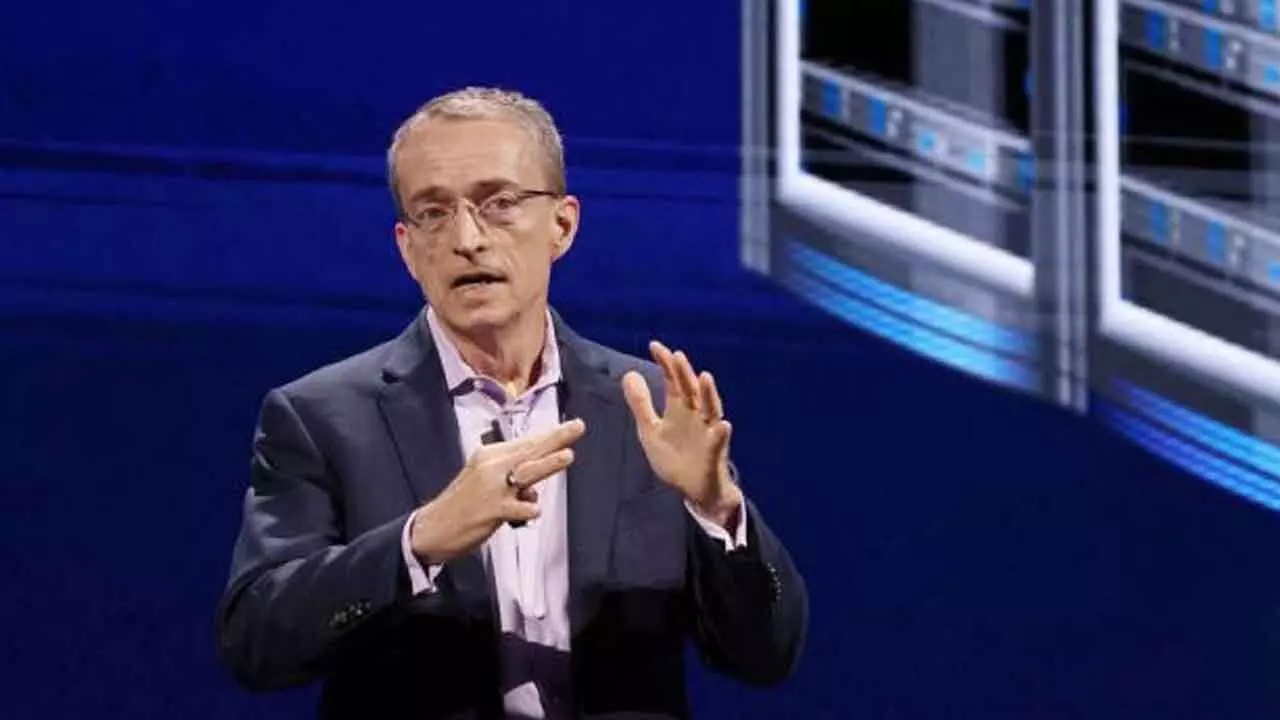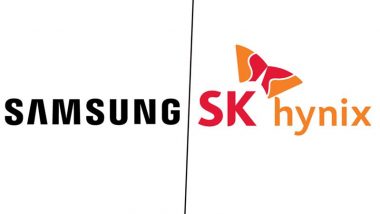
Intel has announced the resignation of its CEO, Pat Gelsinger, effective December 1, marking a significant shift for the tech giant. Reports suggest this decision was far from voluntary, with Bloomberg revealing that Intel's board of directors lost confidence in Gelsinger's leadership. The board expressed dissatisfaction with the slow progress of Gelsinger's ambitious turnaround strategy.
Last week, during an importanr meeting, frustrations over Intel's lagging performance led to an ultimatum: resign or face dismissal. In 2021, Gelsinger rejoined Intel as CEO, hoping to restore the Intel's dominance in chip manufacturing. Despite launching bold initiatives, the company has faced mounting financial challenges.

The situation worsened after a grim earnings report on August 1, when the company announced unexpected losses and a bleak sales outlook. In response, Intel suspended dividend payments for the first time in over 30 years and unveiled plans to cut its workforce by 15%, impacting 16,500 employees. In his farewell statement, Gelsinger called the decision "bittersweet.
" He said, "This company has been my life for the bulk of my working career. It has been a challenging year as we made tough but necessary decisions to position Intel for the current market dynamics." Gelsinger’s career with Intel started in 1979 when he joined the company as an 18-year-old, quickly becoming a key figure in its early achievements.
While his most recent stint as CEO ended abruptly, his ambitious efforts to restore Intel’s dominance in the tech industry have left behind a legacy that is both impactful and nuanced. Until a permanent CEO is named, Intel's CFO David Zinsner and Chief Product Officer Michelle Johnston Holthaus will step in as interim co-CEOs. The company's board has already begun the search for a new leader to navigate Intel through its current challenges.
.















